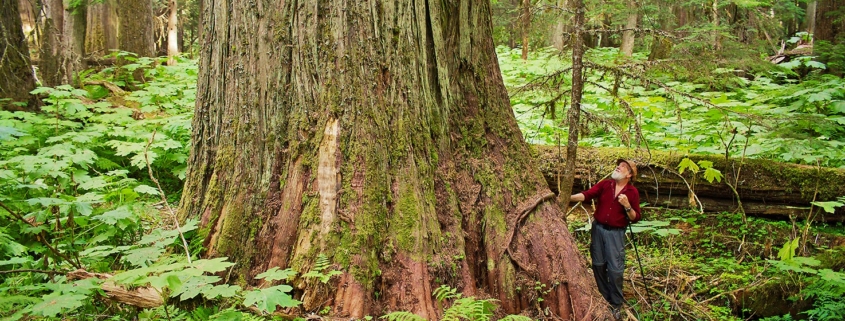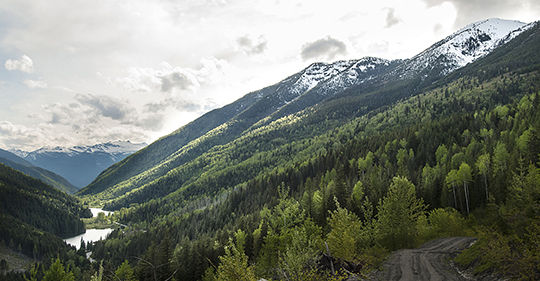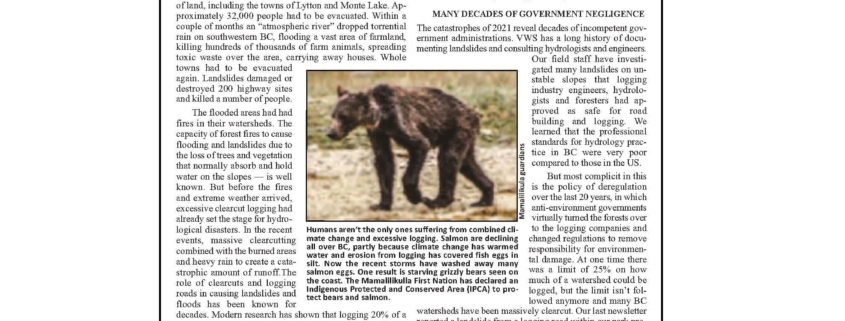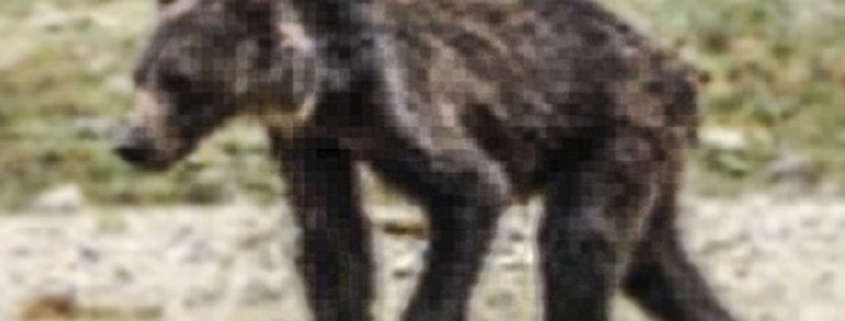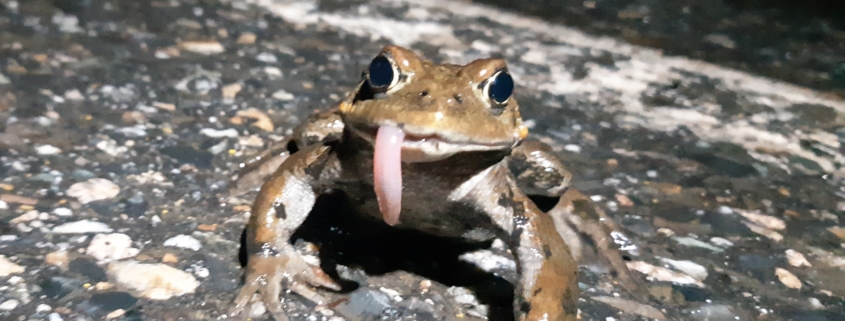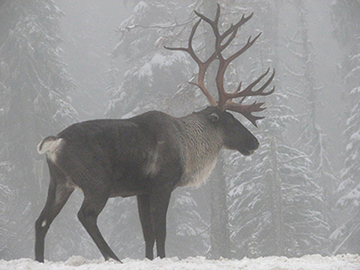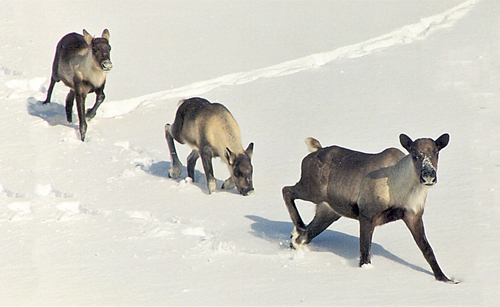Safe Haven to be shown in B.C. communities in 2025! The film highlights the globally significant Inland Temperate Rainforest encompassed in VWS’s Rainbow-Jordan Wilderness Park proposal. It is a sequel to Damien Gillis and VWS’s first film Primeval, which was instrumental in helping to achieve protection of the Incomappleux ancient forest as a conservancy in 2023. The film has already been selected for the Colorado Environmental Film Festival, the Fernie Mountain Film Festival, and won Best Environmental Film through Vancouver International Mountain Film Festival.
Fifty-five environmental and animal care organizations, conservationists, scientists and nature-based businesses have signed a joint letter to the BC government opposing a new plan that would profoundly change the management of grizzly bears. The plan would set up a system of local and regional wildlife advisory committees across BC, for the purpose of creating their own, separate grizzly bear management plans. The signatories have serious concerns that the document signals a possible reinstatement of the grizzly bear trophy hunt in BC.
The BC government is asking for input (by Oct 6, 2023) on a new Grizzly Bear Stewardship Framework that could open the door to trophy hunting and lead to extirpation of at-risk population units. While grizzly bear population data is still limited and detrimental impacts on population units are increasing, the province appears to be dishing out the power to decide the fate of the at-risk species to special interest groups and local or regional committees, instead of keeping wildlife management in the hands of qualified biologists…
WEST KOOTENAY — The Valhalla Wilderness Society (VWS) would like to thank the huge number of people who have poured out volunteer services, letters and donations for over twenty years to help save the Society’s Selkirk Mountain Caribou Park Proposal. The fabled “jewel in the crown” of that park proposal was the primeval forest of the Incomappleux Valley, with trees up to 1,800 years old. The campaign for the Selkirk Mountain Caribou Park proposal began around 2002. On Wednesday, Minister of Environment George Heyman announced… (read more)
The BC government is using wolf culls to create an appearance of saving Mountain Caribou, while continuing to decimate the habitat of the caribou. The two greatest causes of caribou decline are habitat destruction and motorized recreation in winter habitat. These activities cause increased predation on caribou: clearcuts draw and increase wolves, roads give them highways for easy hunting, and snow packed by snowmobile and ski tracks provides them with easy access to caribou winter habitat. The most urgently needed conservation actions are protection of remaining old growth forest and exclusion of winter recreation in high-value caribou habitat. Please read more.
Three new BC provincial parks have been proposed to permanently protect the most ancient and ecologically rich remnants of the Inland Temperate Rainforest ecosystem in BC. This globally rare and significant ecosystem is a massive carbon bank and stronghold for rich biodiversity. Valhalla Wilderness Society needs your help to permanently protect it for future generations.
Along the scenic Highway 31A, between New Denver and Kaslo, a developer has proposed a luxury resort for skiing and mountain biking, with a capacity for 1,750 guests a day. Gondolas would carry up to 1,500 guests a day onto London and Whitewater Ridges. The whole area is prime grizzly bear and mountain goat habitat, and is frequently used by many residents of the region for noncommercial recreation.
Thank you to all who supported our work over the past year. This year was an extremely eventful one for BC and we have summarized some of the greatest challenges that VWS and the province has faced, as well as some of our achievements made possible thanks to your support in our 2021 newsletter.
Declining salmon, emaciated, starving grizzly bears, wiped out caribou herds, disappearing moose. Under a thin veneer of science and sustainability, the economic priorities of the BC government are slowly but relentlessly taking a toll on BC’s wildlife. Hunting organizations are applying intense pressure to reinstate the hunting of Grizzly Bears and increase the killing of Black Bears, Wolves and Cougars. VWS has release a 28-page report refuting their claims…
Valhalla Wilderness Society’s Western Toad conservation project continues for its 7th year at Fish and Bear Lakes in BC’s West Kootenay region. Click here to read more about the project and download a summary report on the first five years of study at Fish and Bear Lakes…
Thousands of scientists are warning: loss of biodiversity and climate change threaten the future survival of humanity. The disappearance of Mountain Caribou is part of both of these crises. Protecting them is British Columbia’s responsibility…
The Central Selkirk caribou are Deep-snow Caribou that range between Nakusp, New Denver and Kaslo. Environment Canada has declared that all the Southern Mountain Caribou are under imminent threat to their recovery and must have immediate action…

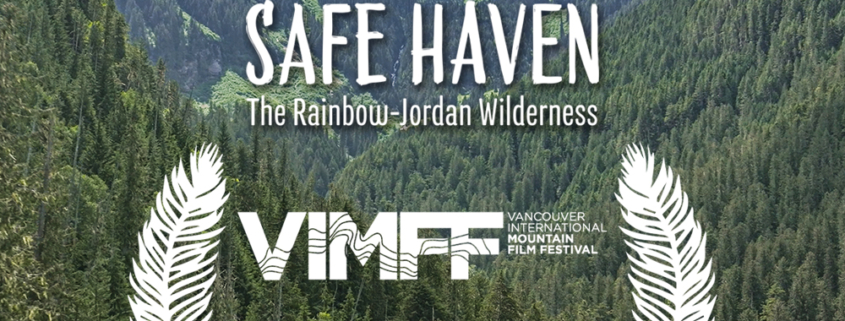
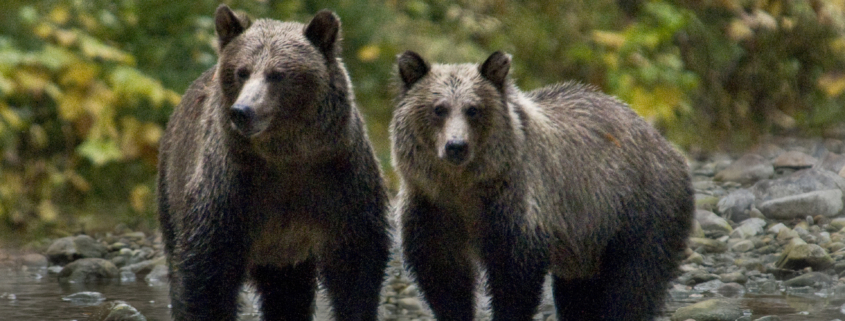
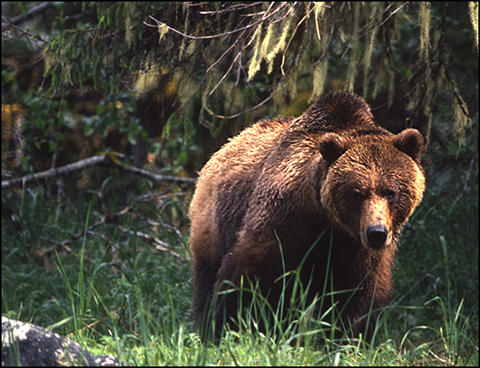
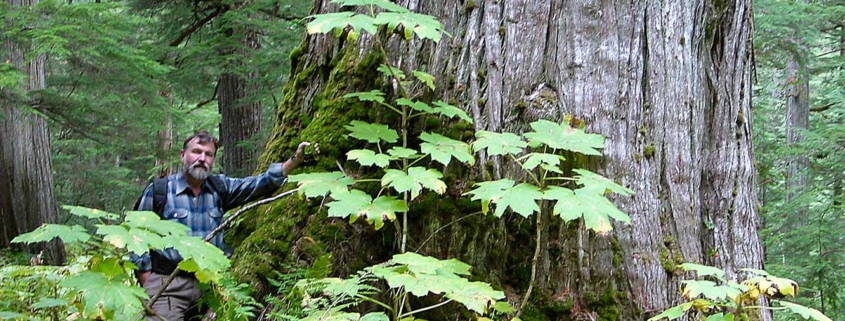
 VWS
VWS